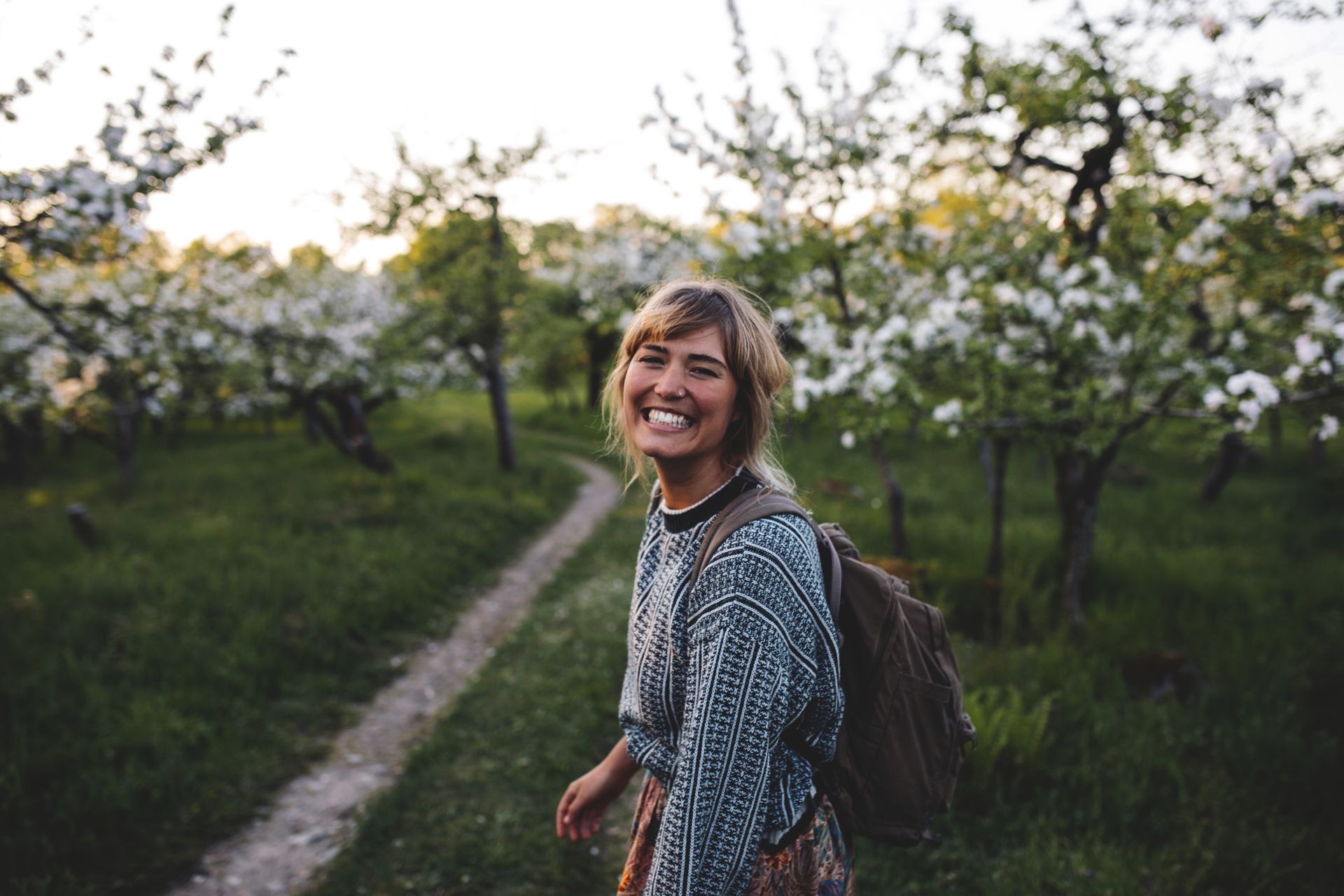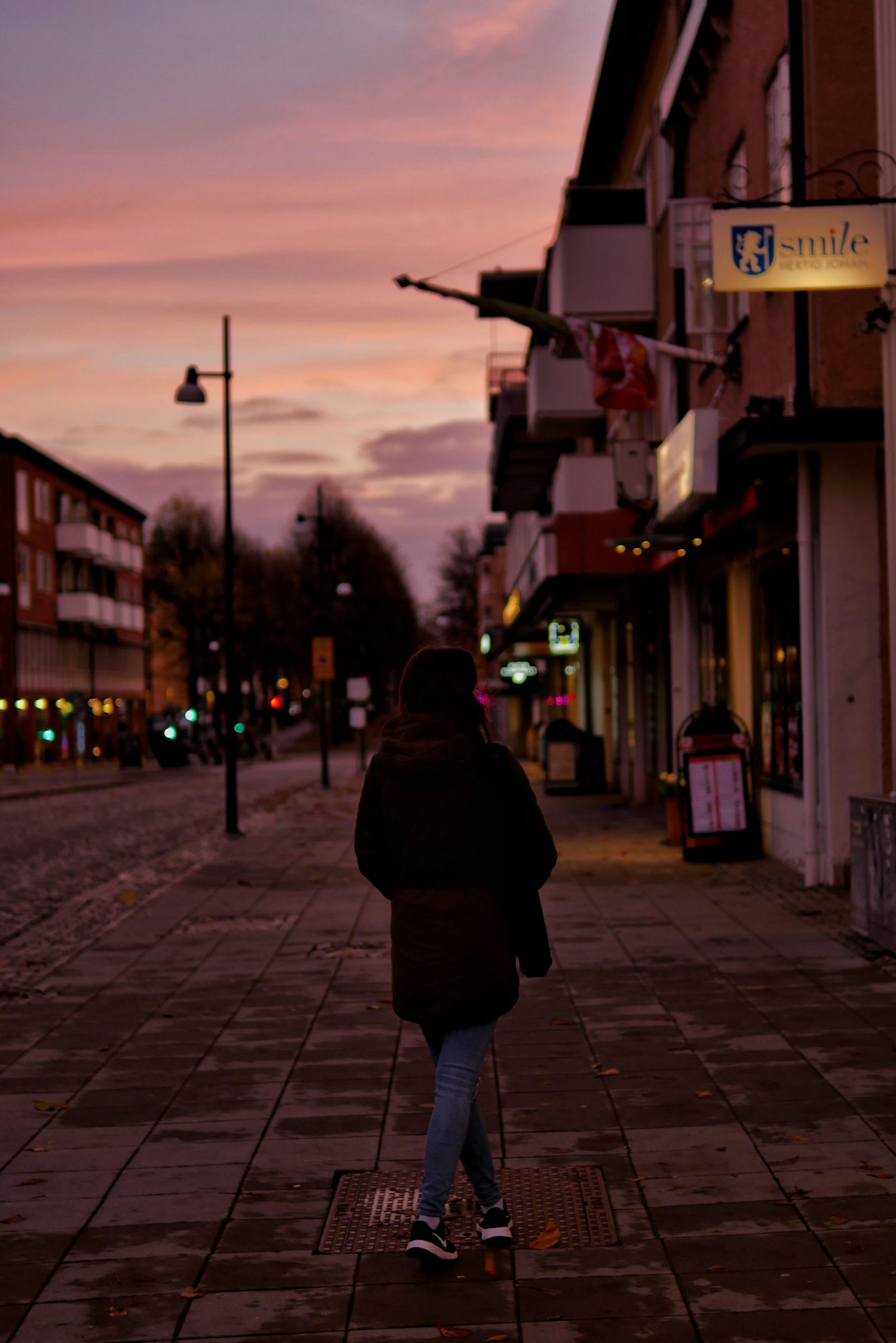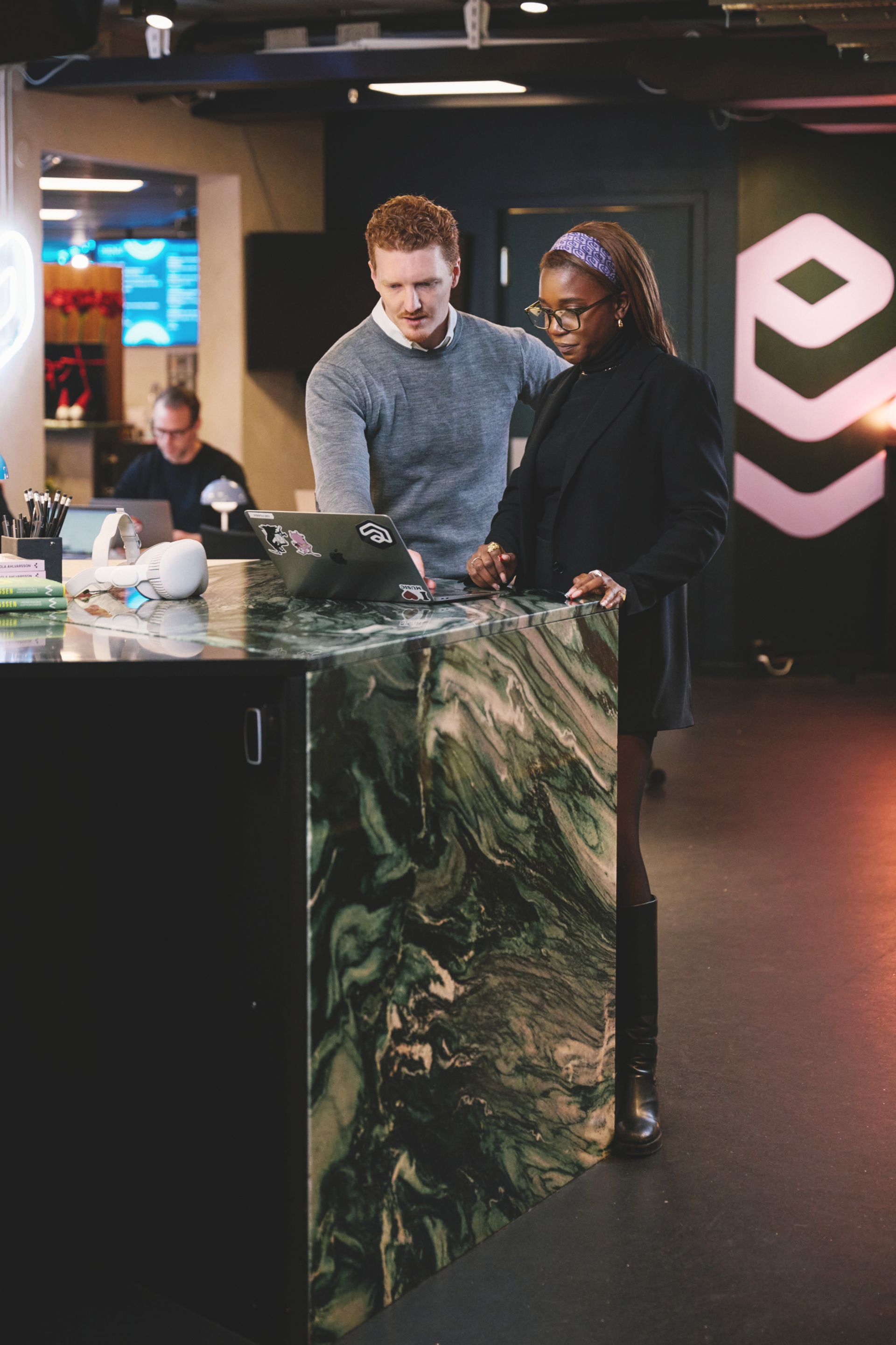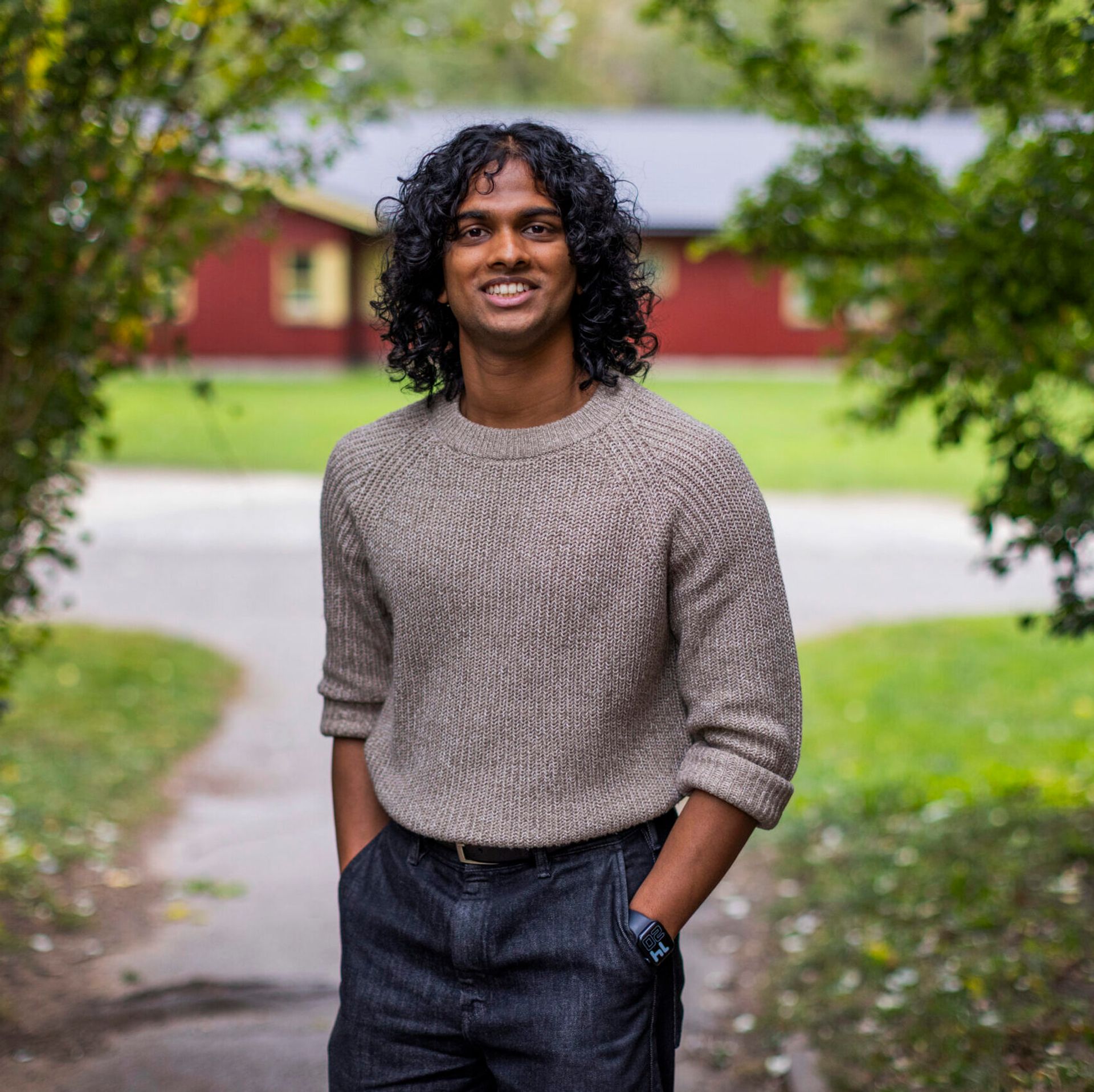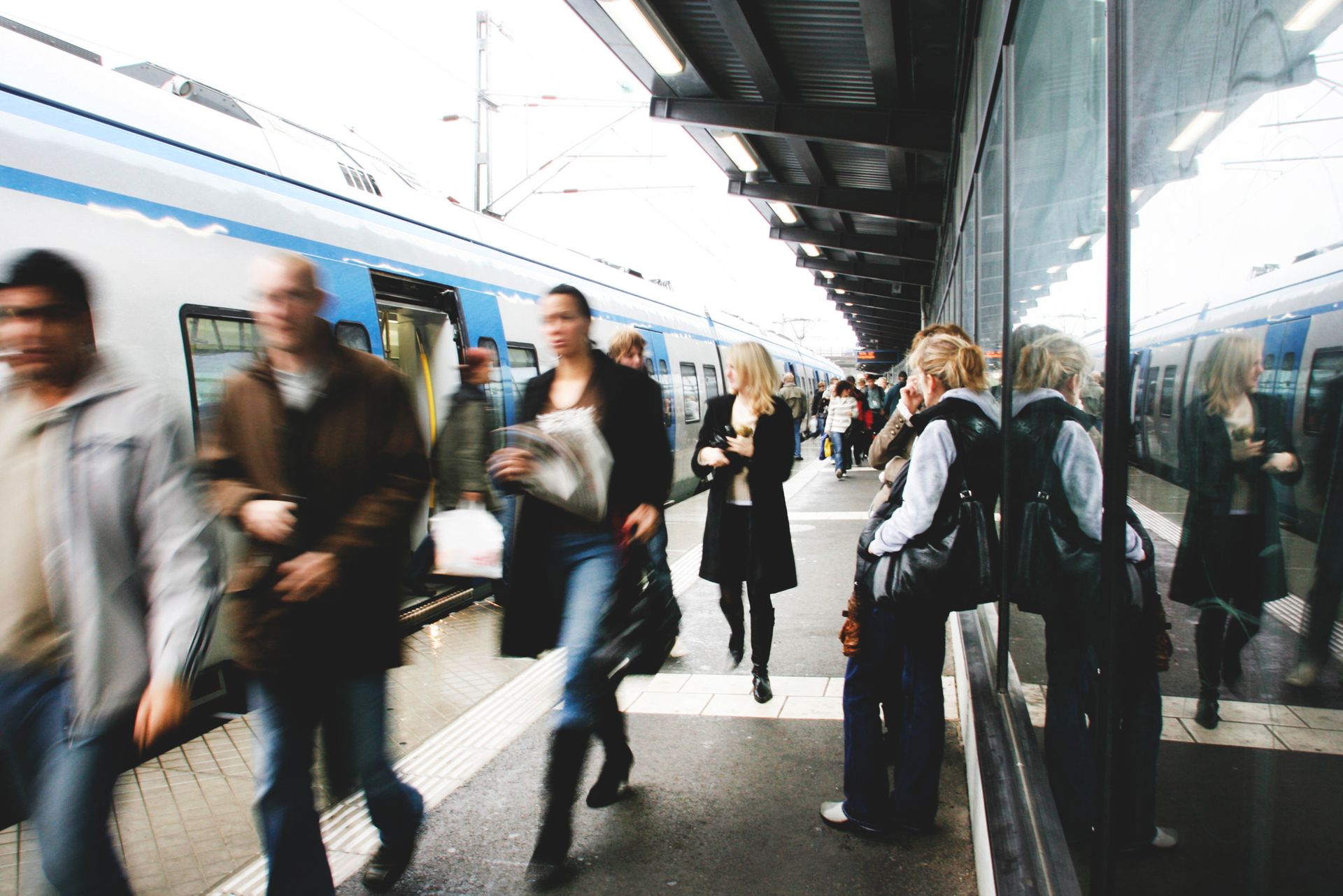
Written by Annamaria
31 Jan 2022
Arriving in Sweden felt like entering a new world. As soon as the airplane landed, people took off their masks and went on with their lives. It was confusing for me at first. I came from a country (Slovakia) where masks were mandatory even on the streets, people were working from home for months, and children forgot how to socialise. I’ve been quarantined twice, hadn’t been in a restaurant for months, and couldn’t remember the last time I went to the gym. The restrictions went as far as limiting an innocent walk in nature to 100 meters from the house. But no matter what we did, the coronavirus pandemic never seemed to go away.
Life in Sweden just seemed surreal. As if the virus has spread all over the world but not to Sweden.
But how much does the impression reflect reality?
I started to wonder. Did Sweden really figure out how to have the pandemic completely under control? And why didn’t the world follow its lead?
For me, it felt good. After such a long time of being restricted, I finally thought that things went back to normal. I could go to the restaurant with my boyfriend, my classes were in school, and I did not need to worry if I have my mask to enter a building. I even met people who never once wore a mask throughout the pandemic. COVID-19 is certainly not the #1 conversation topic in Sweden. So, I decided to look into it further. It is important to state that I do not support nor question the pandemic decisions. I simply state the things I learned but you can make up your own opinion.
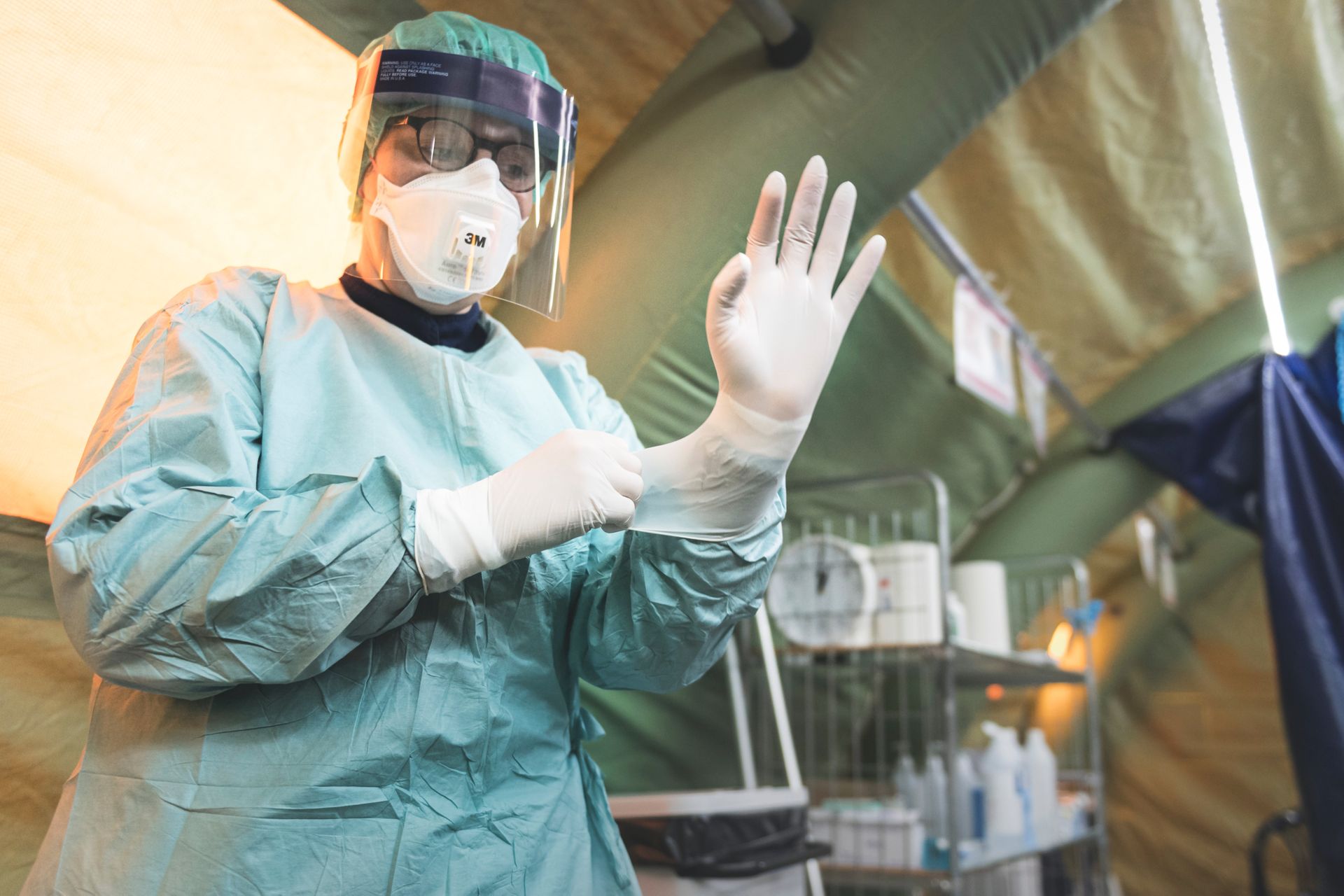
At the beginning of the pandemic, the Swedish approach sometimes referred to as ‘the Swedish experiment’, was mostly based upon 3 objectives (according to my findings):
- Avoid restricting the lives of inhabitants
- Restrain from spreading panic among the inhabitants
- Achieve ‘herd immunity’ as soon as possible
The unconventional approach
This meant that there will be no lockdown, no mandatory masks, schools will remain open, and people will not work from home. And so life continued as normal. Most of the people became great supporters. They did not have to deal with problems such as losing their job or business. The Swedish economy did not suffer as much as in some countries. People certainly did not panic.
In my country, we constantly talk about how many cases we have, how many people are hospitalised, how the government is changing the rules but in Sweden, who is vaccinated and who isn’t. In Sweden, people do not divide on those who are vaccinated and those who are not. They respect each other’s choices. COVID-19 is just another disease they need to deal with.
Some believe that the approach worked. The cases had not been on the rise until recently. There was no need for restrictions. Maybe the ‘herd immunity’ did develop to some extent. Or it was simply because people in Sweden naturally maintain distance from strangers. But there is also a possibility that the number of cases had not risen due to the effectiveness of vaccinations. There are currently about 75% of fully vaccinated individuals in Sweden. Such a high number makes a difference.
This approach however also backfired.
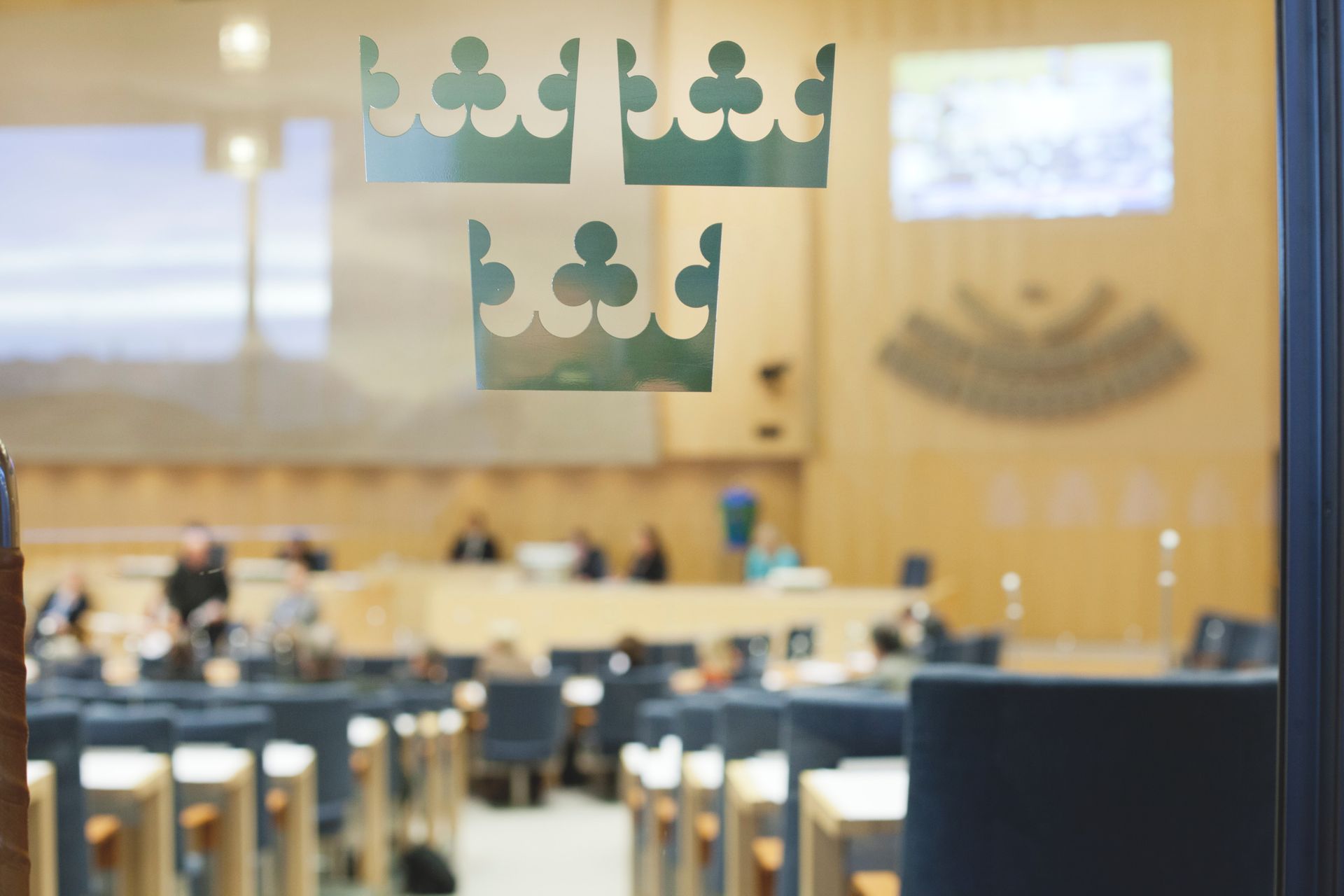
Response
Scientists who disagreed with the approach established an online forum. It is called Vetenskapsforum covid-19. And there are quite a lot of members. People who are experts in this field express their concerns, otherwise their voices would not be heard. There was also a number of scientists who decided to leave Sweden due to this “mishandling” of the situation. The decisions regarding pandemics were so unambiguous that I did not expect there to be an opposing voice. If there is no consensus among experts, it makes you question the decisions after all.
Another adverse response was a rise in the mortality rate between March and June 2020, specifically among the elderly population. A study published by the Scandinavian Journal of Public Health compared the mortality rate of Sweden and Norway at the beginning of the pandemic. Sweden’s was significantly higher. They did however point out that the unrestrained approach taken during the start of this pandemic might not have been the only cause of the increase.
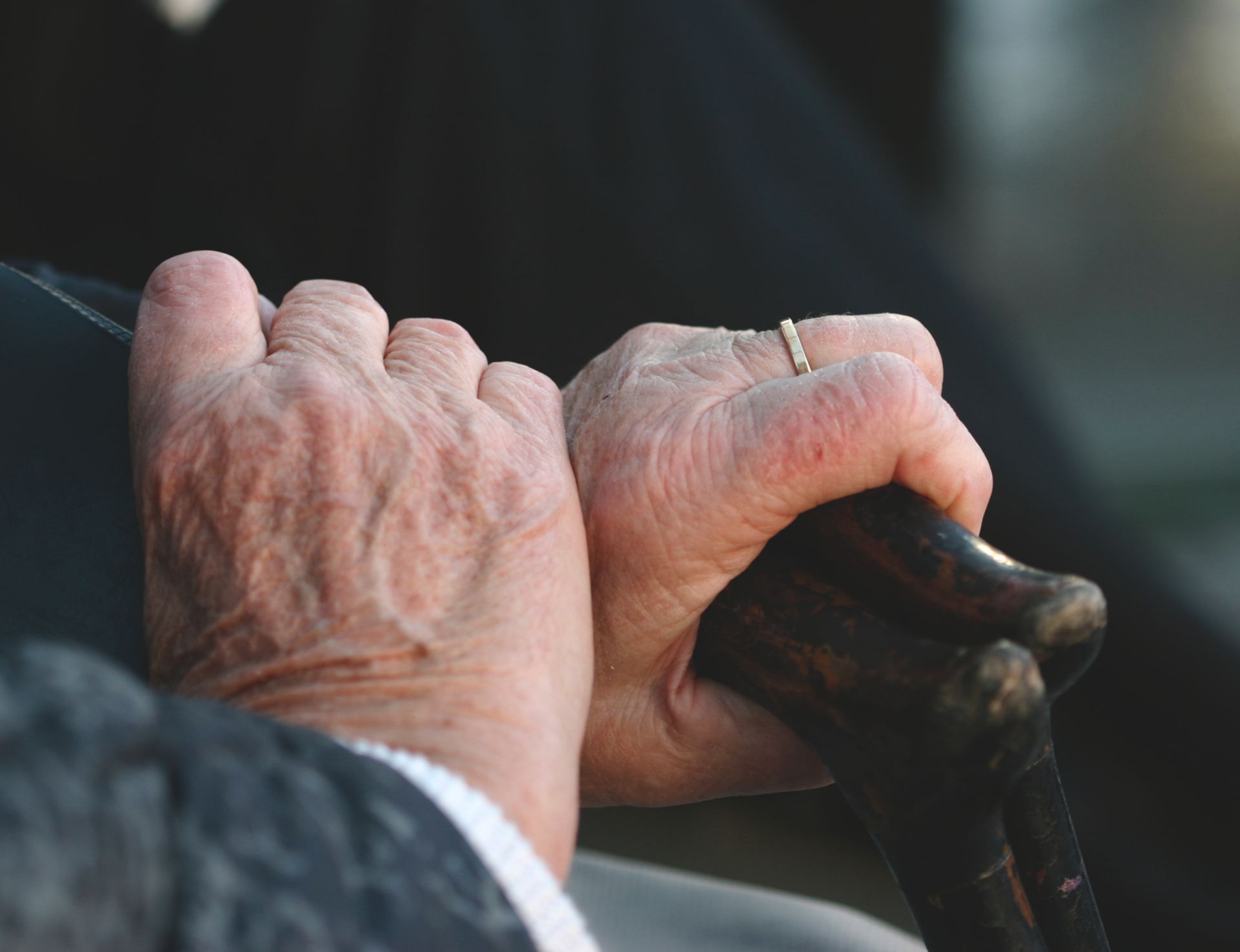
Anders Tegnell, the Swedish doctor who has been in charge during the pandemic admitted that the situation in the nursing homes was underestimated. The measures had become more restrictive since then. Wearing masks, specifically inside these institutions, is less uncommon nowadays.
Current situation
The current approach is quite different from the previous one. I feel like every country had to learn the lesson ‘the hard way’. The pandemic was unexpected and overwhelming. Everyone looked for a solution with the belief that it is the right one. It worked better for some, worse for others. You can find the most recent rules and recommendations (also related to travel) on Krisinformation.se. Since the covid cases started to rise again, the government implemented the following restrictions:
- to enter Sweden, you need to be fully vaccinated or have a negative covid test (no older than 72 hours upon arrival)
- most countries outside the EU/EEA are banned from entering Sweden for non-essential travel
- masks are not mandatory but recommended (especially during the busy hour)
- remote learning is recommended
- gyms, shops, etc. are open with limited number of people per square meter
- restaurants/bars must close by 11 pm
- for events of more than 50 people, vaccine certificates must be shown
Keep in mind that the rules are changing depending on the situation and it is important to stay up to date.
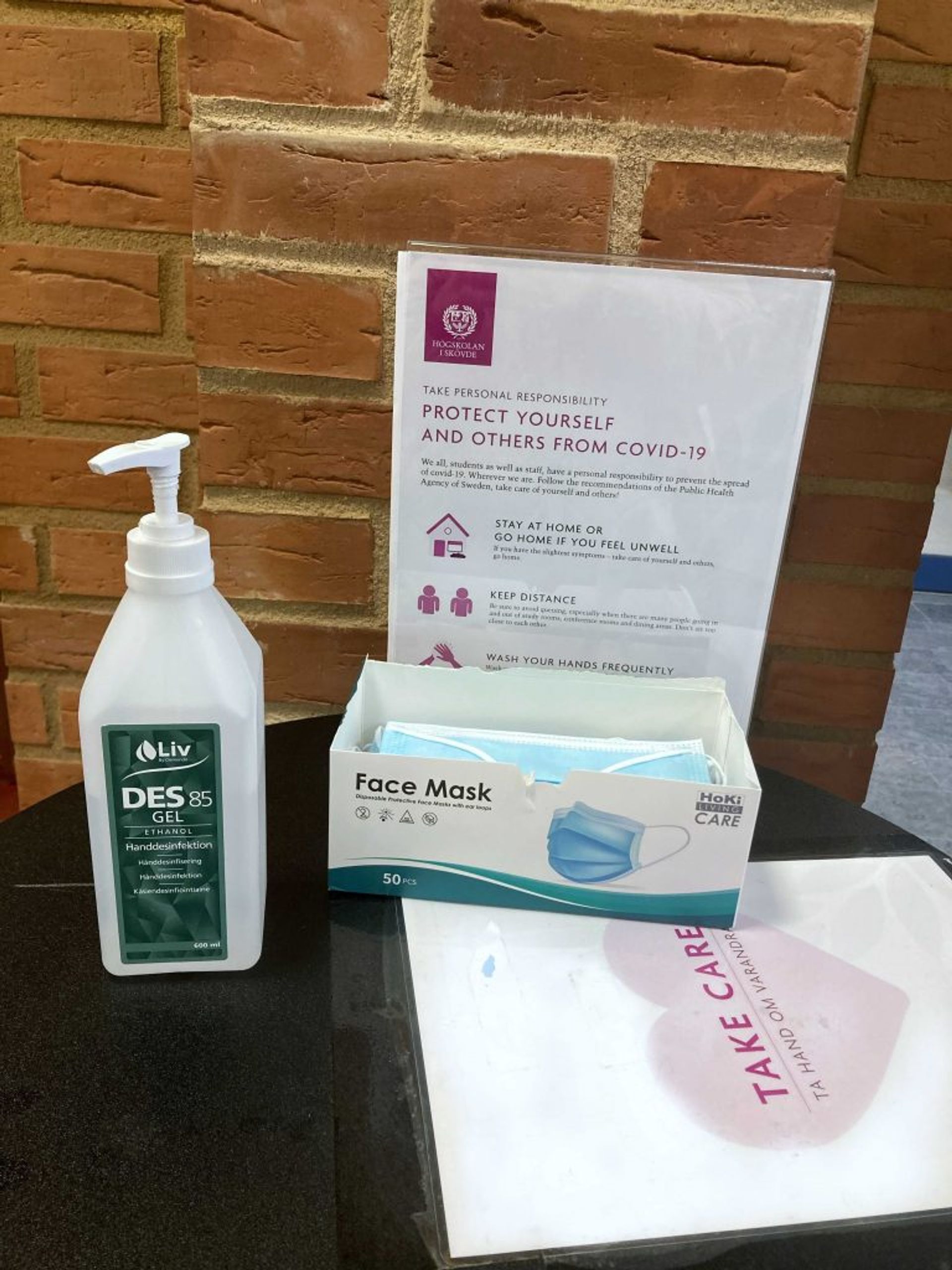
So, the lessons are conducted mostly online through Zoom. We go to school when necessary but in groups of no more than 50 people per class. Going to a club is more or less out of the question.
To conclude…
No country was prepared for the pandemic. Sweden pursued an approach that was unconventional but interestingly in line with its values. What do you think?
We constantly learn how to manage the situation better and how to be safer. But what we know for sure is that the pandemic is our new reality. Coronavirus became a part of our lives. That is why we should find a system that works with it rather than hope for the situation to change. I recommend you to take care of yourself and follow the rules. If you’re feeling any symptoms, stay home and contact 1177 (or 1177.se) to book a test. If you’d like to know more, read up on our website how COVID-19 is affecting studying in Sweden.

